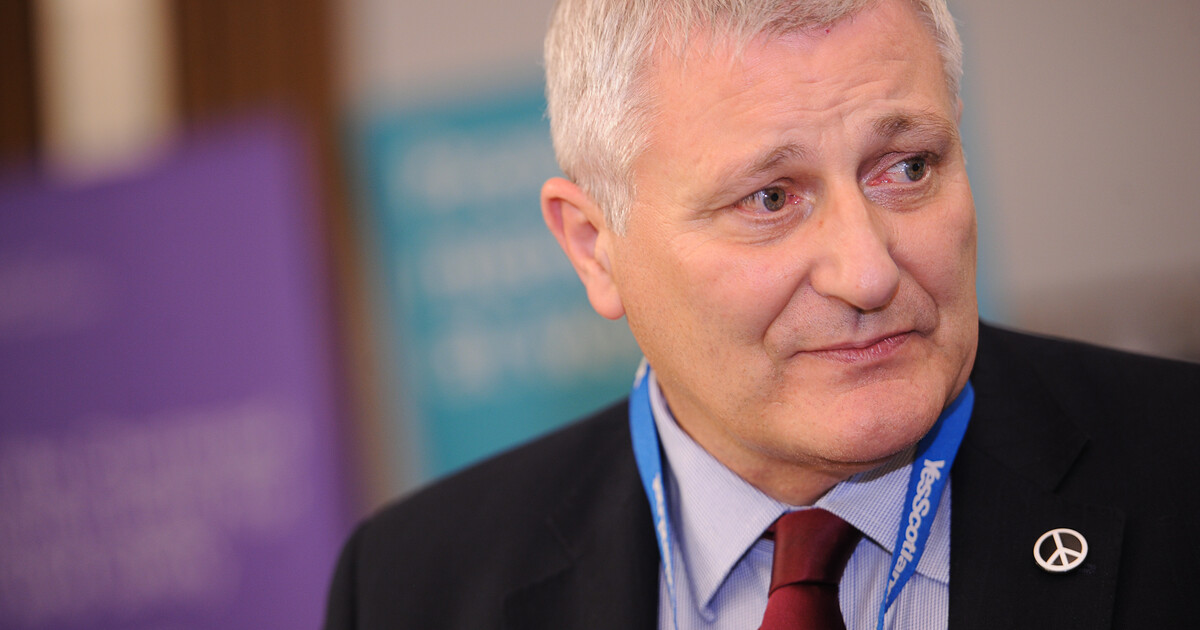Record drug deaths - a public health crisis

There were 934 drug deaths in Scotland in 2017. This shocking statistic, around eight times the EU average, shows that our current approach to the drugs crisis is not working. By way of comparison, there were 146 road traffic deaths in the same year.
There would understandably be widespread concern if almost one thousand lives were being lost on our roads, yet some appear considerably less concerned about Scotland’s drugs deaths crisis.
The 934 figure is a record, the most drug deaths recorded in a single year and it is widely expected that the figures for 2018, due to be published later this year, will be even worse.
This is a public health crisis.
There are of course complexities in how we, as a society, deal with drug misuse. The UK Government’s approach of criminalisation has roundly failed, yet it refuses to even acknowledge this, let alone countenance many of the evidence-based solutions.
Drug consumption rooms are one evidenced method, which is proven to reduce deaths. In Denmark, local councils have powers to establish these where there is a need. Such facilities ensure that expert medical assistance and support is available for drug users, and medical professionals can provide such assistance without fear of prosecution.
Despite the Scottish Parliament backing drug consumption rooms, the Home Secretary has refused to permit the introduction. This is typical of the Tory approach to this whole matter.
An approach that reminds me of a headline from the satirical newspaper The Onion in the late 1990s, proclaiming, “Drugs Win Drugs War.” Sadly, little has changed in the approach to managing the issue since.
Unless and until we at least acknowledge that drug use is a public health matter, not a criminal justice one, it is difficult to see how we can adequately address it.
The Scottish Ministers have the power to establish a statutory public inquiry into any matter where there is a large loss of life and/or serious health and safety concerns.
I believe that it is clear that Scotland’s drug deaths crisis meets both those criteria and that is why I recently raised the matter with the First Minister in parliament. I am grateful that she committed to giving consideration to this proposal.
I followed up my question in writing, and I will be meeting with the Minister for Public Health, Joe Fitzpatrick, next week, to discuss the matter in detail.
Every single life lost to drugs is a tragedy. It is vital that we remember this and commit to addressing the crisis head on.
Establishing an inquiry will allow independent, in-depth examination of the facts, an inspection of the evidence and provide solutions. It will allow the public to have confidence that the situation is being taken seriously. Of course, governments must be willing to listen to the evidence any enquiry presents and I made that point to the First Minister too.
In parliament, I am the Co-Convenor of the Cross Party Group on Drug and Alcohol Misuse. The group meets regularly, and we often hear harrowing testimony of how drug deaths have traumatised families.
We receive expert advice from a number of groups including the Scottish Drugs Forum, who work with drug users on a daily basis. I am grateful to the SDF and the other organisations that have backed my call for an inquiry.
There is some sterling harm reduction work-taking place across the country.
Training people to administer naloxone, a substance that can block the effects of opioid overdose, is particularly important.
Police officers are often first on the scene when an overdose has taken place, and I recently asked the government if it would examine whether officers can be routinely equipped with naloxone. This relatively straightforward measure and would save lives and I was given an undertaking that this issue would be explored with many more officer now being trained to save lives, a core police duty.
Needle exchanges are also key to preventing the spread of infections, particularly HIV and hepatitis. This was brought into stark focus last year when the largest needle exchange in the country, at Glasgow Central Station, closed, leading to a huge HIV outbreak in the city, creating serious community safety concerns.
Ultimately, the Scottish Government must demonstrate that they value each and every live tragically lost to the drugs crisis, establish an inquiry, and commit to acting on its findings.
The alternative is to carry on as we are now, with an ever-increasing number of drug deaths. That is not acceptable – too many families and too many communities know the cost of our present failed system.
